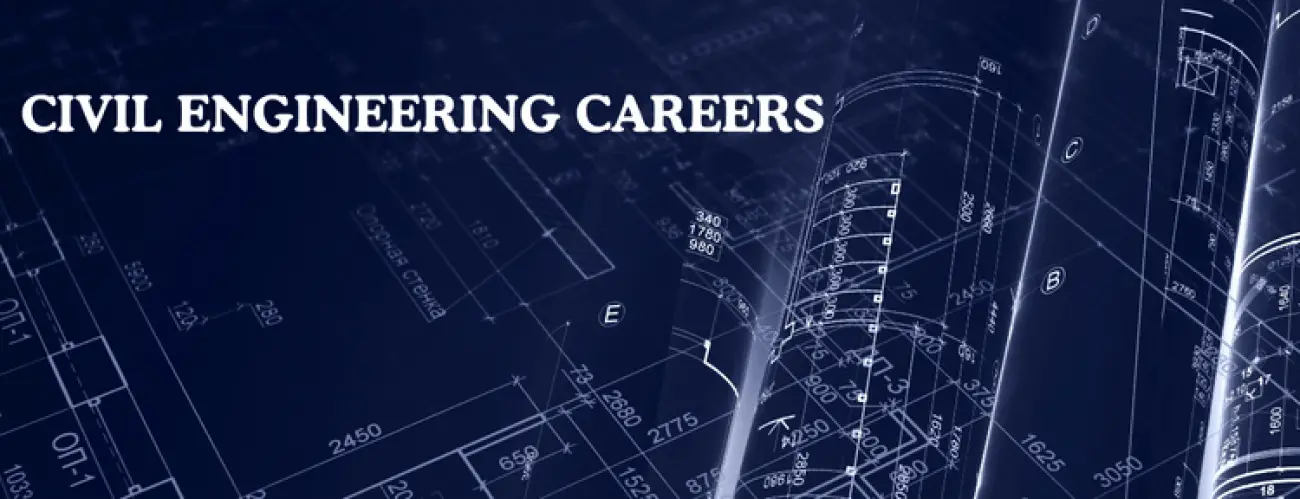Mechanical Engineer Education Requirements
This article elaborates on the various qualification such as degree level, experience, certification and key skills you must meet in order to attain success as a mechanical engineer.
Updated by Rakshitha.N on 14th September 2020
In the modern world, anything you see is primarily designed and developed by the manufacturing techniques used by mechanical engineers. They play roles in creating new and responsible ways of building products with the implementation of the right technologies and processes. Designing a prototype, planning, and manufacturing through an array of manufacturing processes is what mechanical engineers are specialized in. with their innovative ideas, analyzing the problems and providing solutions is a plus in this profession.
The path to becoming a mechanical engineer is simple and clear with a few steps to follow. Also, while pursuing this career path, there are certain education and career requirements to gain to become qualified and be successful in the fieldwork. To give you a better understanding this article elaborates on the qualification to become a mechanical engineer.
Qualification to Become a Mechanical Engineer
With the combined application of scientific and mathematical principles, mechanical engineers approach all problems to provide better solutions. The minimum required education level to become a mechanical engineer is a bachelor’s degree. Also, aspiring students can earn a graduate degree in mechanical engineering, earn a license, gain experience in the fieldwork, and clear examinations to become certified. However, you must be clear about what you want to do and research about how long it might take to become a mechanical engineer to plan accordingly.
The details of these requirements are further elaborated.
Bachelor’s degree
A bachelor’s degree accredited by the Accreditation Board for Engineering and Technology (ABET) is a basic minimum requirement to become a mechanical engineer. This program provides a wide knowledge on the required fields to pursue your career better in the future. Under this program, you obtain the prerequisites and vast understanding of the basic principles and practices of the manufacturing technologies. The coursework includes science, advanced mathematics, designing software, design principles, computer-aided drafting, dynamics, heat transfer, applied fluid mechanics, thermodynamics, kinetics and behavior of materials. colleges also offer internship programs to understand the practical concepts used in industries.
Graduate Degrees
To advance your degree further, you can continue higher education by pursuing a master's or doctoral degree in mechanical engineering according to your interest. These advanced programs provide an in-depth understanding of the specializations you choose, involving research work, thesis writing or dissertation. The coursework includes Material Issues in Mechanical Design, Metals and Alloys, Advanced Composite Materials, Materials Engineering, Manufacturing and Materials Processing, Robotics and Controls, Thermofluids, and others.
Licensure
Completing your education from an accredited program gives you eligibility to earn the professional licensing by taking up the Fundamentals of Engineering exam- FE. Upon clearing the exam, you'll need to get a total of 4 years of experience in the mechanical field as an engineer in training (EITs) or engineer interns (EIs). This gives you the eligibility to take the further level exam called Principles and Practice of Engineering exam held by the National Council of Examiners for Engineering and Surveying to become a Professional Engineer- PE. additionally, to maintain the license, you are required to continue education at regular intervals based on the state-required and according to the specified number of hours.
Experience
Many employers look for mechanical engineering graduates who have gained experience in the fieldwork. The standard period to gain experience is about 4 years. But you could gain experience according to your interest. We advise you to manage time where you could pursue your education and also gain experience simultaneously by opting for an online engineering degree.
Skills Required
Apart from meeting the education requirements, there are certain necessary key skills you must adopt in order to stand out from the rest applicants.
-
Attention to detail
-
Imaginary skills
-
Problem -solving skills
-
Creative thinking
-
Good communication skills
-
Strong with math and science
-
Team member






61.png)
